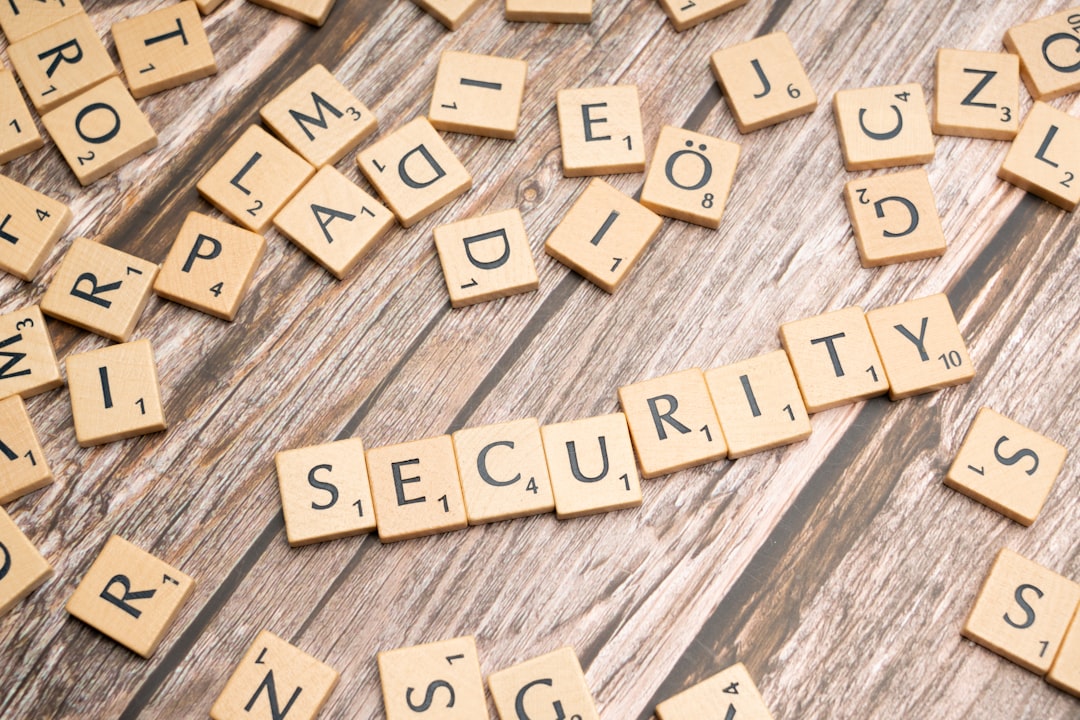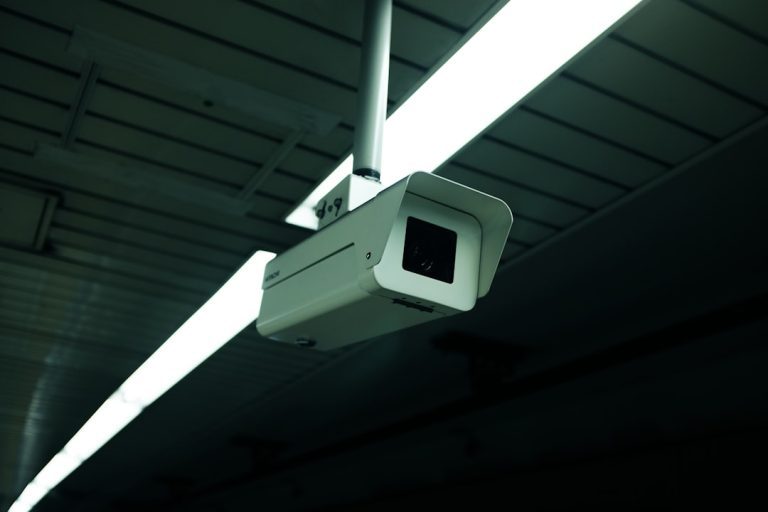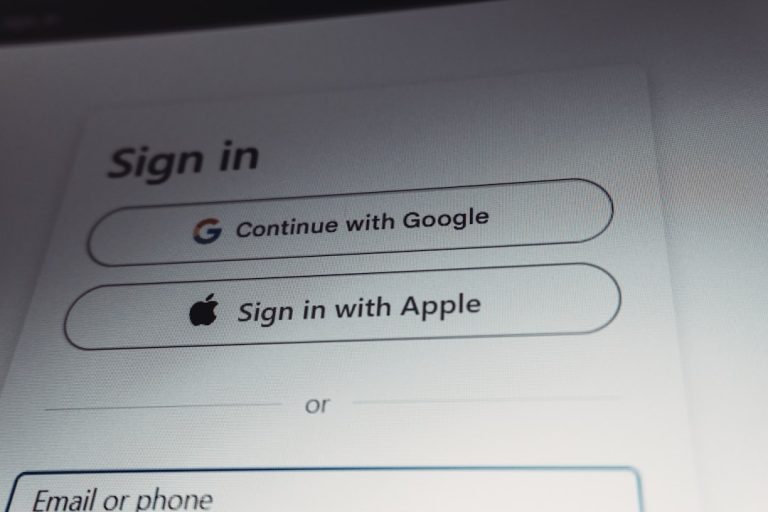In the evolving world of finance, cryptocurrencies have emerged as a transformative force, drawing retail and institutional investors alike into their digital domain. As one of the most popular fintech platforms in the United States, Robinhood has made it easier than ever for users to invest in cryptocurrencies with the same simplicity it brought to stocks and ETFs. But as with any digital asset, questions arise: How does Robinhood manage your crypto? And more importantly, what security measures are in place to keep it safe?
This article explores the inner workings of Robinhood’s crypto infrastructure, its security protocols, and how the company ensures the safety of its users’ digital wealth.
Robinhood’s Approach to Cryptocurrency
Robinhood began offering cryptocurrency trading in 2018, starting with Bitcoin and Ethereum. Since then, its crypto offerings have expanded to include other digital assets like Litecoin, Dogecoin, and Bitcoin Cash. Despite offering an intuitive trading experience, Robinhood operates differently than traditional crypto exchanges.
Here are a few key ways Robinhood handles your crypto:
- No Direct Wallet Access (Initially): When Robinhood first launched crypto trading, it didn’t support crypto wallets, which meant users could buy and sell crypto, but couldn’t transfer it out of the platform.
- Custodial Service: Robinhood acts as the custodian of your cryptocurrencies. This means the assets you purchase are stored securely on your behalf and not directly held in an external crypto wallet you control.
- Wallets Feature: In 2022, Robinhood began rolling out its crypto wallet feature, allowing users to send and receive certain cryptocurrencies just like on traditional wallets. This marked a significant shift toward greater user control.
Crypto Custody and How Assets Are Stored
One of the most essential parts of digital currency safety is crypto custody — storage solutions that safeguard digital assets from loss or theft. Robinhood uses a combination of in-house technology and third-party custodians to keep its customers’ crypto secure.
The majority of crypto assets on Robinhood are stored in what the industry calls cold wallets. These are wallets that are not connected to the internet, making them less susceptible to hacking attempts. Only a small portion of assets are held in hot wallets to support liquidity and daily transactions.
The key storage strategies include:
- Cold Storage: As much as 98% of user crypto is reportedly stored in cold wallets with multiple layers of physical and digital security.
- Hot Wallets for Liquidity: A small percentage of assets are held in hot wallets to facilitate trades and transfers.
- Third-Party Custody: Robinhood partners with regulated and well-known custodians, some of which are insured. These third-party custodians comply with strict regulatory requirements.

Security Measures Robinhood Implements
Robinhood emphasizes the importance of user protection and data integrity. Here are some key security mechanisms the company uses:
1. Two-Factor Authentication (2FA)
To access an account or perform sensitive operations, users must complete a two-step process. This typically involves entering a code sent via SMS or using a third-party app like Google Authenticator. 2FA significantly reduces the risk of account compromise.
2. Device and IP Whitelisting
Robinhood monitors login activity and flags unfamiliar devices or IP addresses that attempt to access user accounts. It will alert users and may restrict access until identity verification is completed.
3. Biometric Locks
Mobile devices running Robinhood can be secured using biometrics — such as fingerprint or facial recognition — adding an additional layer of personal security.
4. Encryption and Data Protection
All sensitive user data, including credentials and personal information, is encrypted using industry-standard algorithms. Robinhood also uses secure socket layer (SSL) protocols to encrypt communications between user devices and its servers.
5. Advanced Internal Controls
Robinhood applies strict internal controls and access permissions. Only specifically authorized personnel can access wallet infrastructure, and all actions are logged for audit purposes. Additionally, the company undergoes regular external security audits.

Insurance and Regulatory Compliance
Insurance in the cryptocurrency world is still evolving, but Robinhood has taken steps to provide a safety net. Here’s what users should know:
- Crime Insurance: Robinhood carries crime insurance that may cover a portion of losses due to theft or cybersecurity breaches. However, this should not be mistaken for FDIC or SIPC insurance — typical in traditional financial systems but not applicable to cryptos.
- Regulatory Oversight: Robinhood Crypto LLC is registered with the U.S. Financial Crimes Enforcement Network (FinCEN) as a Money Services Business (MSB). It complies with Anti-Money Laundering (AML) regulations and Know Your Customer (KYC) provisions.
- Licensing: Robinhood has attained the necessary state-level money transmitter licenses for operating a crypto platform legally within different jurisdictions of the United States.
What Happens in the Event of a Hack?
Despite the best precautions, no platform is entirely immune to breaches. If Robinhood ever suffered a significant crypto-related cyberattack, users would naturally be concerned about what happens next.
Here’s how Robinhood may respond to such scenarios:
- Incident Containment: The affected components of the system would be isolated immediately to prevent further damage.
- Customer Notification: Users would be notified according to regulatory requirements, with transparency about what data or assets, if any, were affected.
- Insurance Activation: Robinhood’s crime insurance, if applicable, could help recover portions of the lost assets.
- Regulatory Reporting: Any breach would also be reported to the required regulatory bodies to ensure compliance and investigation.
Introducing Robinhood’s Crypto Wallet
In a landmark update to its crypto capabilities, Robinhood introduced its own crypto wallet to select users. This wallet gives users more control over their cryptocurrency and brings Robinhood closer to the functionality of traditional crypto exchanges.
The wallet supports sending and receiving of a number of popular cryptocurrencies. It is non-custodial, meaning users now hold their own private keys — a critical upgrade for those seeking ownership and decentralization.
Here are a few features of the Robinhood Wallet:
- Support for multiple cryptocurrencies including Bitcoin and Ethereum
- QR code scanning to facilitate easy transfers
- Biometric and PIN verification for added safety
- Multi-chain capabilities to connect with DeFi applications

Tips for Robinhood Users to Stay Safe
While Robinhood implements robust security, users also play a crucial role in keeping their accounts safe. Here are some best practices to follow:
- Enable 2FA: Always enable and regularly update your two-factor authentication settings.
- Watch for Phishing: Do not click on unsolicited links or provide personal information via email or text.
- Use Strong Passwords: Create complex, unique passwords and change them regularly.
- Update Devices: Keep your operating system and Robinhood app updated to receive security patches.
- Monitor Account Activity: Check your account regularly and set up notifications for unusual activity.
Final Thoughts
With the increasing popularity of cryptocurrencies, platforms like Robinhood provide a valuable gateway for new investors. While it’s easy to buy and sell crypto on Robinhood, the platform also takes security and compliance very seriously. Using a combination of cold storage, biometric authentication, encryption, and external audits, Robinhood has created a robust system that aims to protect your digital assets.
As the fintech space continues to evolve, so too will Robinhood’s capabilities — and its security models. Whether you’re an amateur investor or a seasoned trader, understanding how your crypto is managed can give you peace of mind, as well as the tools to make safer financial decisions in the digital age.




